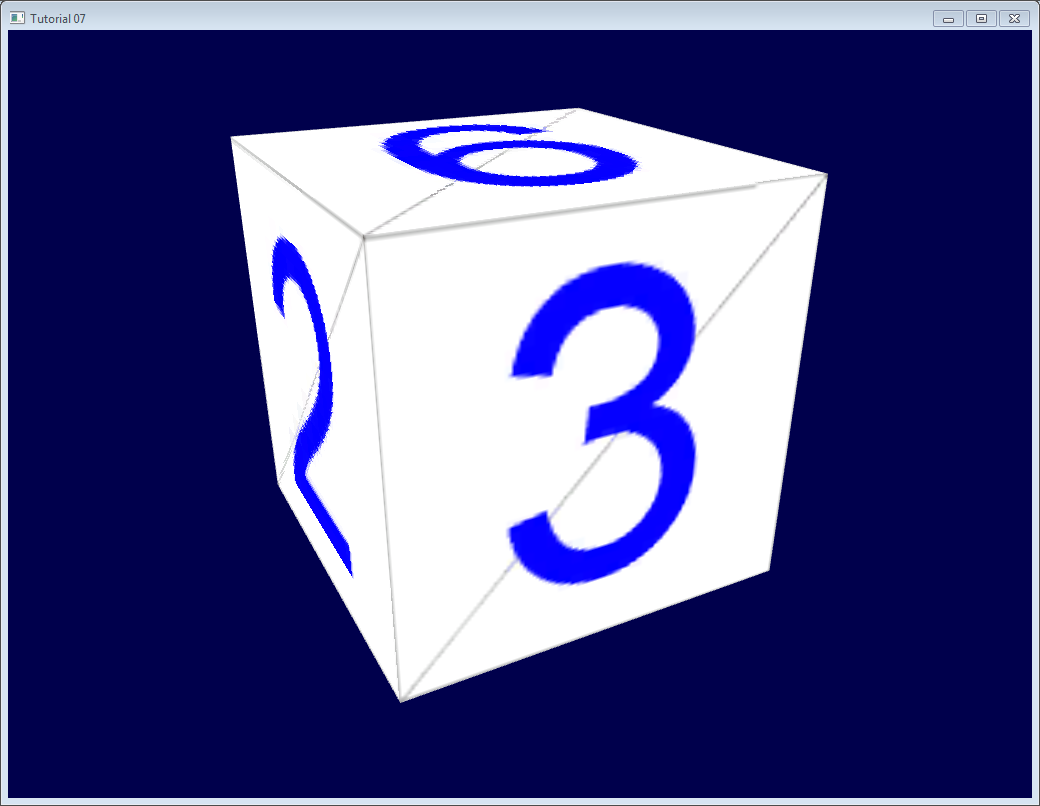Windows 7 Loader From Matrix

Sep 27, 2012 - Find where the windows bootloader resides by mounting the efi partition. Program to select between GRUB and the Windows boot loader.
Programma rascheta shesterni. How do you save/load a scipy sparse csr_matrix in a portable format? The scipy sparse matrix is created on Python 3 (Windows 64-bit) to run on Python 2 (Linux 64-bit). Initially, I used pickle (with protocol=2 and fix_imports=True) but this didn't work going from Python 3.2.2 (Windows 64-bit) to Python 2.7.2 (Windows 32-bit) and got the error: TypeError: ('data type not understood',, (, (0,), '[98]')).
Next, tried numpy.save and numpy.load as well as scipy.io.mmwrite() and scipy.io.mmread() and none of these methods worked either. Edit: SciPy 1.19 now has. From scipy import sparse sparse.save_npz('yourmatrix.npz', your_matrix) your_matrix_back = sparse.load_npz('yourmatrix.npz') For both functions, the file argument may also be a file-like object (i.e. The result of open) instead of a filename. Got an answer from the Scipy user group: A csr_matrix has 3 data attributes that matter:.data,.indices, and.indptr. All are simple ndarrays, so numpy.save will work on them.
Save the three arrays with numpy.save or numpy.savez, load them back with numpy.load, and then recreate the sparse matrix object with: new_csr = csr_matrix((data, indices, indptr), shape=(M, N)) So for example: def save_sparse_csr(filename, array): np.savez(filename, data=array.data, indices=array.indices, indptr=array.indptr, shape=array.shape) def load_sparse_csr(filename): loader = np.load(filename) return csr_matrix((loader['data'], loader['indices'], loader['indptr']), shape=loader['shape']). Though you write, scipy.io.mmwrite and scipy.io.mmread don't work for you, I just want to add how they work. This question is the no.

1 Google hit, so I myself started with np.savez and pickle.dump before switching to the simple and obvious scipy-functions. They work for me and shouldn't be overseen by those who didn't tried them yet. Download full version free pc games. From scipy import sparse, io m = sparse.csr_matrix([[0,0,0],[1,0,0],[0,1,0]]) m # ' with 2 stored elements in Compressed Sparse Row format> io.mmwrite('test.mtx', m) del m newm = io.mmread('test.mtx') newm # ' with 2 stored elements in COOrdinate format> newm.tocsr() # ' with 2 stored elements in Compressed Sparse Row format> newm.toarray() # array([[0, 0, 0], [1, 0, 0], [0, 1, 0]], dtype=int32). Here is performance comparison of the three most upvoted answers using Jupyter notebook. Assuming you have scipy on both machines, you can just use pickle.
However, be sure to specify a binary protocol when pickling numpy arrays. Otherwise you'll wind up with a huge file. At any rate, you should be able to do this: import cPickle as pickle import numpy as np import scipy.sparse # Just for testing, let's make a dense array and convert it to a csr_matrix x = np.random.random((10,10)) x = scipy.sparse.csr_matrix(x) with open('test_sparse_array.dat', 'wb') as outfile: pickle.dump(x, outfile, pickle.HIGHEST_PROTOCOL) You can then load it with: import cPickle as pickle with open('test_sparse_array.dat', 'rb') as infile: x = pickle.load(infile).